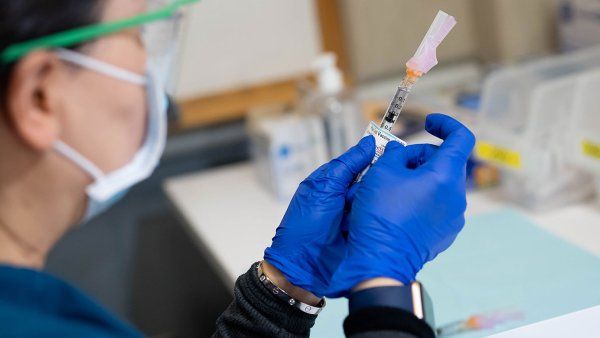University of California San Francisco
Give to UCSF-
-
New Guidelines: Early Interventions are Best for Kids With Obesity
The American Academy of Pediatrics recently released the first new clinical guidance in 15 years for treating obesity and overweight in children. UCSF experts weigh in on the new guidance.
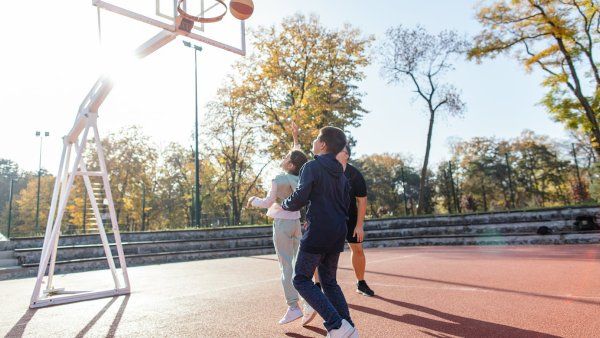
-
Chances of Receiving Percutaneous Coronary Intervention in a Low-Volume Facility are Increasing, Despite Worse Outcomes
A UCSF study finds increase in percutaneous coronary intervention (PCI) at low-volume hospitals over time for all races, insurance types and incomes.

-
Do Sexual Orientation and Gender Identity Affect Your Stroke Risk?
People who identify as lesbian, gay, bisexual, transgender or non-binary may have a higher risk for stroke at a younger age, and possibly a higher risk for recurrence than those who identify as straight and cisgender.
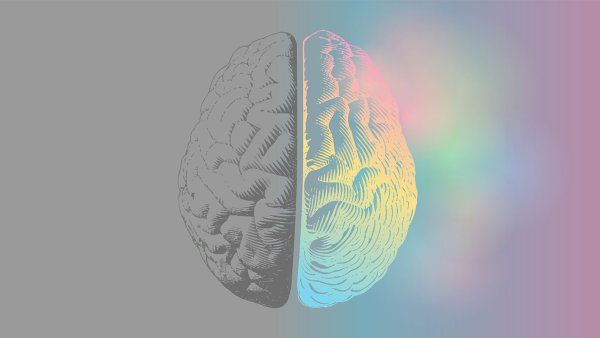
-
Revolutionary Care: An Oakland Story
From the 1970s’ Black Panthers health clinics to a new gene therapy using Nobel Prize-winning science, Oakland has a long history of leading the way in treating sickle cell disease. This new podcast explores the saga’s rich past and promising future.
-
2022 UCSF Medals: The Black Caucus, Jennie Chin Hansen, David Julius
UCSF bestowed its highest honor on three notable achievements: to the co-founders of the Black Caucus, who fought for racial equality; to a nurse and alum who led systemic change in health care for seniors; and to a scientist who won a 2021 Nobel Prize.
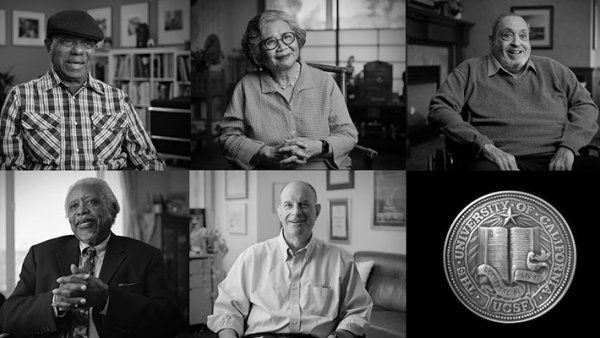
-
The Sleep Prescription
Drawing on his experience as a sleep scientist at UCSF, Aric Prather, PhD, a professor of psychiatry and behavioral sciences, shares his simple but powerful seven-day plan to achieve restorative rest.
-
Joyce Tung, PhD ’05: Date with DNA destiny
How a bulletin board flyer launched geneticist Joyce Tung, PhD ’05, on an unforgettable ride with 23andMe.
-
This Must Be the Place
Sociologist Stacy Torres, PhD, studied a group of older adults that hung out at a Manhattan bakery. She reflects on what they taught her about survival and belonging.
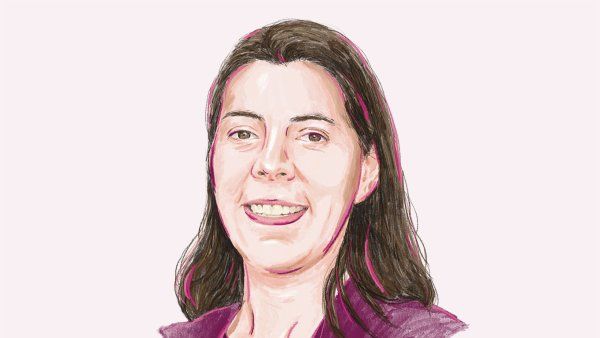
-
Five Questions for Diane Havlir
Diane Havlir, MD, UCSF’s Weiss Professor, an AIDS pioneer, and an infectious disease leader, is partnering with the local Latinx community to protect vulnerable San Franciscans from COVID-19 and other diseases.
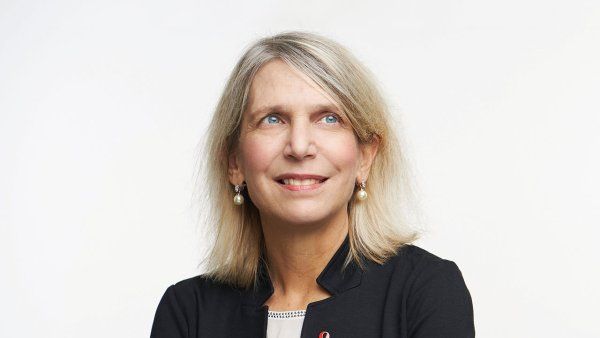
-
The Case of the Suspicious Swelling
A grandmother showed telltale signs of a common endocrine disorder. But a puzzling lab result put the detective skills of physicians Joan Addington-White, MD, and Rob Weber, MD ’19, PhD ’17, to the test.
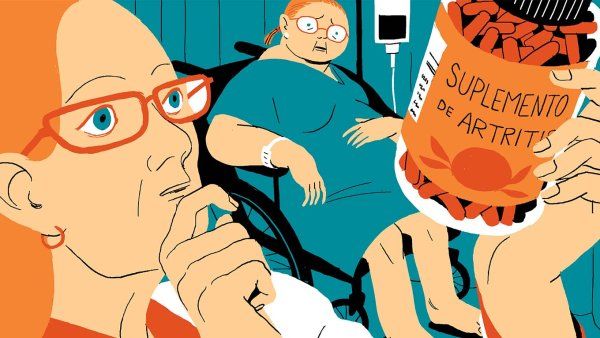
-
How Much Can We Control Our Own Fertility?
People trying to conceive are bombarded with advice meant to improve their odds. But how much power do we really have over our fertility?
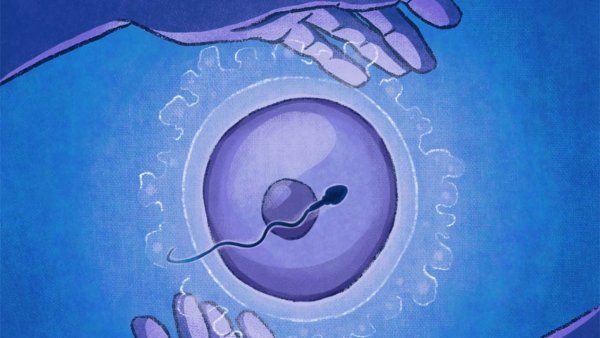
-
How Can We Help Kids Cope with Anxiety about Climate Change?
We spoke with Ellen Herbst, MD, a UCSF psychiatrist and mother of two, about how the climate crisis is impacting the mental health of children and adolescents – and what parents can do to help.
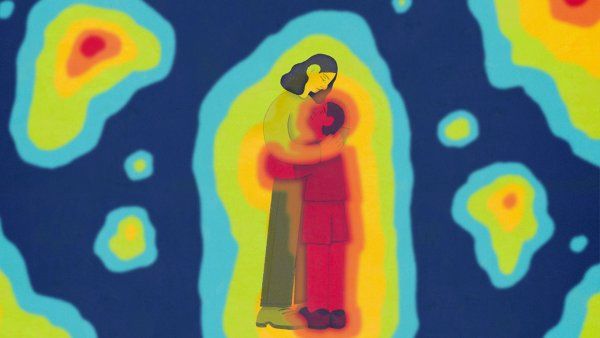
-
Mission: A Tobacco-Free World
With vaping taking over the youth market, Pamela Ling, MD ’96, MPH, applies her research-driven social media and marketing expertise to beat the tobacco industry at its own game.
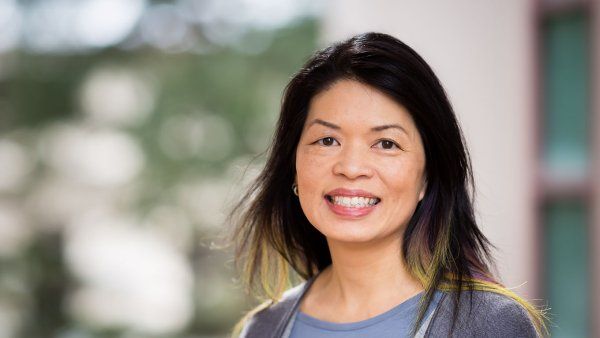
-
The Kids Are Not All Right
Most hospitals don’t adequately treat children’s pain, say UCSF experts. Can their unique approach help stop the suffering?
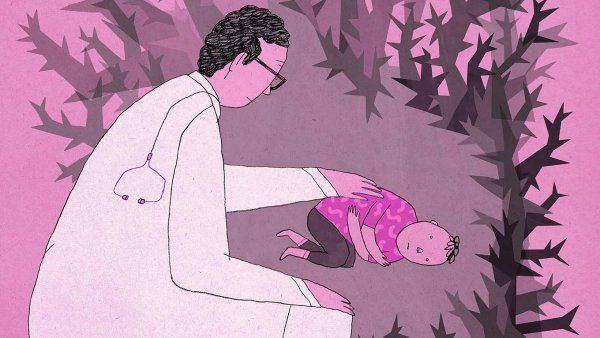
-
Big Little Lives
Trillions of invisible organisms make up the human microbiome. Now, medical scientists want to put these bugs to work.
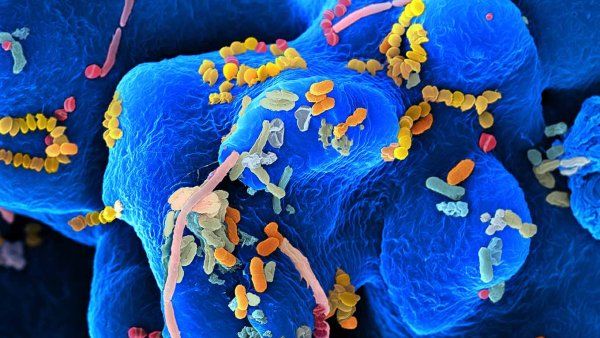
-
The Radical Compassion of Awake Brain Surgery
On the operating table and inside the lab of a rising star in cancer neurosurgery.
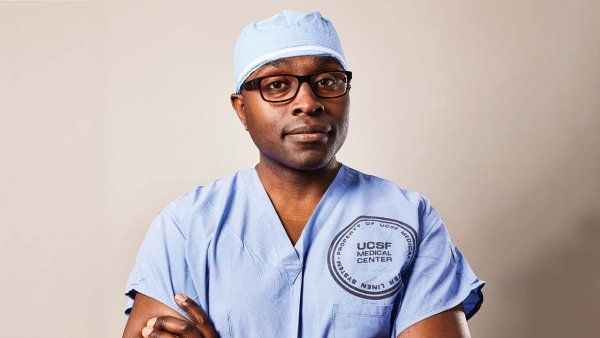
-
Trip Therapy
Could psychedelics become mainstream medicines?
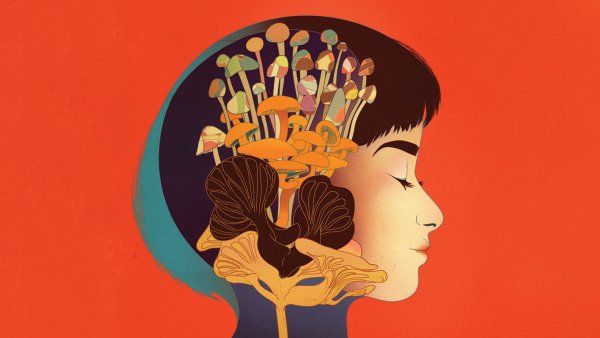
-
‘Most Transmissible’ COVID Variant Yet Is Spreading in California. What We Know About XBB.1.5
-
What We Know About Treating Extreme Grief With Psychedelics
-
How a Medication Abortion, Also Known as an ‘Abortion Pill,’ Works
-
Aggressive Surgery Increases Survival with Low-Grade Brain Tumors
Resecting brain tumors called gliomas as much as possible soon after diagnosis offers a distinct survival advantage when looking at the disease trajectory 10 years later, find UCSF researchers.
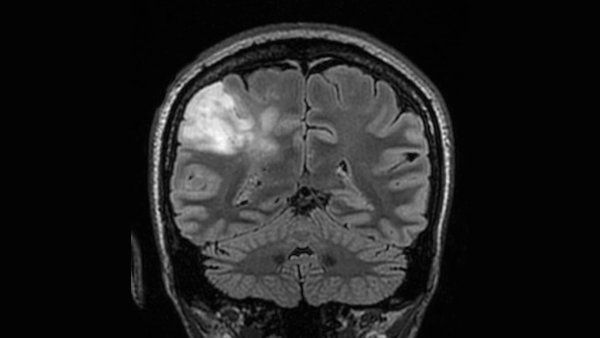
-
FDA Poised to Approve New Alzheimer’s Drug
-
Strategies To Implement New Year’s Resolutions on Improving Mental Health
-
Asian Researchers Face Disparity With Key U.S. Science Funding Source
-
Diana Greene Foster Named to Most Influential Researchers List
Diana Greene Foster of UCSF was named one of the top 10 most influential scientists of 2022 by "Nature" for her study of what happens to women who are denied abortions.
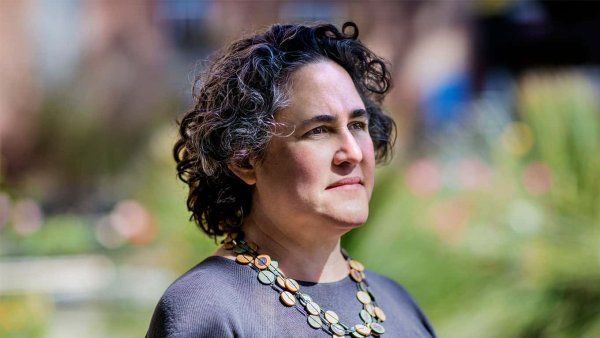
-
30 Years On, Are We Winning the Fight Against Alzheimer’s?
UCSF experts discuss the current state of Alzheimer’s treatments and future therapies that may slow progression of the disease.
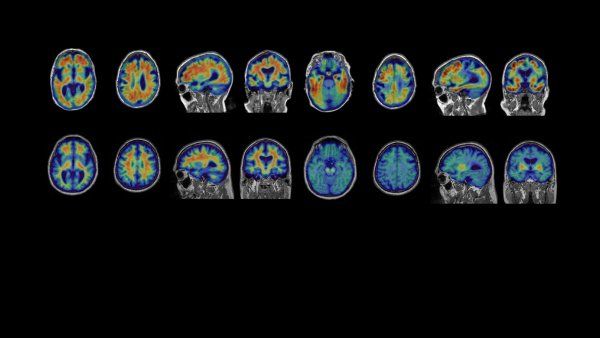
-
Will ‘Dry January’ Trigger Alcohol Withdrawal Symptoms?
-
Duping Antibodies with a Decoy, Researchers Aim to Prevent Rejection of Transplanted Cells
Researchers have genetically engineered cells to distract antibodies from attacking friendly, but foreign, cells. This could prevent transplants from being rejected.
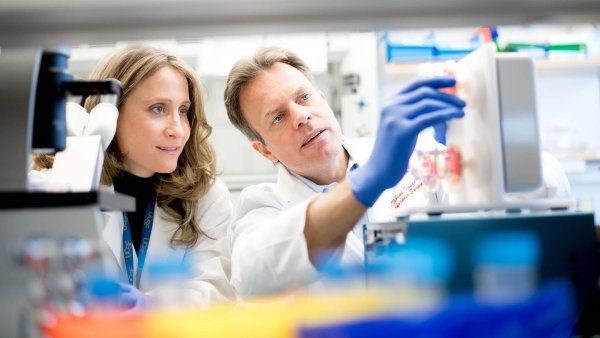
-
COVID-19 Vaccines, Prior Infection Reduce Transmission of Omicron
California prisons saw more than 20,000 COVID-19 Omicron cases over a five-month period. However, vaccination and boosting kept hospitalization and death rates low.
